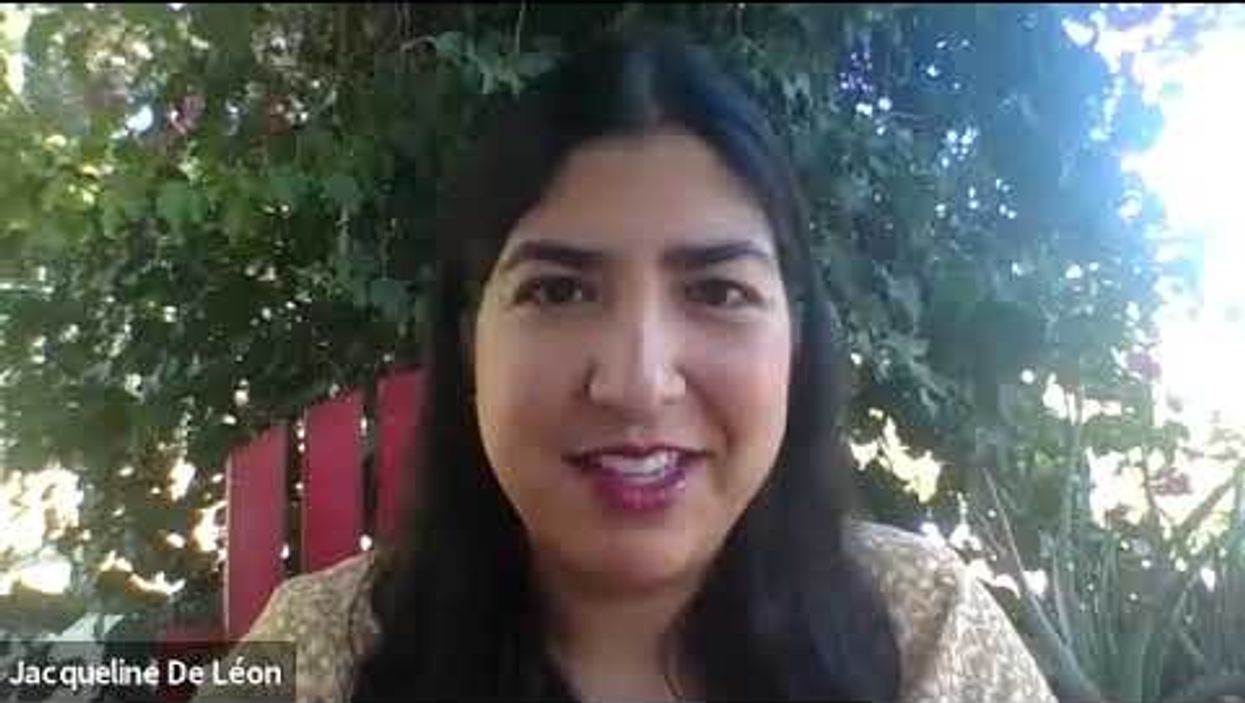As protests sweep the country in response to continued police violence against Black people, many democracy reform leaders say that achieving racial justice and fixing our broken political system are two sides of the same coin. Amendments to the Constitution have been rooted in protecting the rights of citizens and making the system more accessible to those who had been excluded, including Black and Native Americans and women. Democracy reform has, from its inception, been about bringing about allowing all Americans to have a viable voice in our government.
The Fulcrum convened reform leaders to talk about the importance of leaning into the diversity of the movement and how the foundations of democracy reform are built on social justice and civil rights.
The Fulcrum's audience development editor, Tristiaña Hinton, moderated a discussion with:
• Gilda Daniels, litigation director at the Advancement Project
• Jacqueline De Léon, staff attorney for the Native American Rights Fund
• Khalid Pitts, executive vice president of policy and programs, FairVote
Webinar Rewind: Diversity in the democracy reform movement
Diversity in the Democracy Reform Movement




















Trump & Hegseth gave Mark Kelly a huge 2028 gift